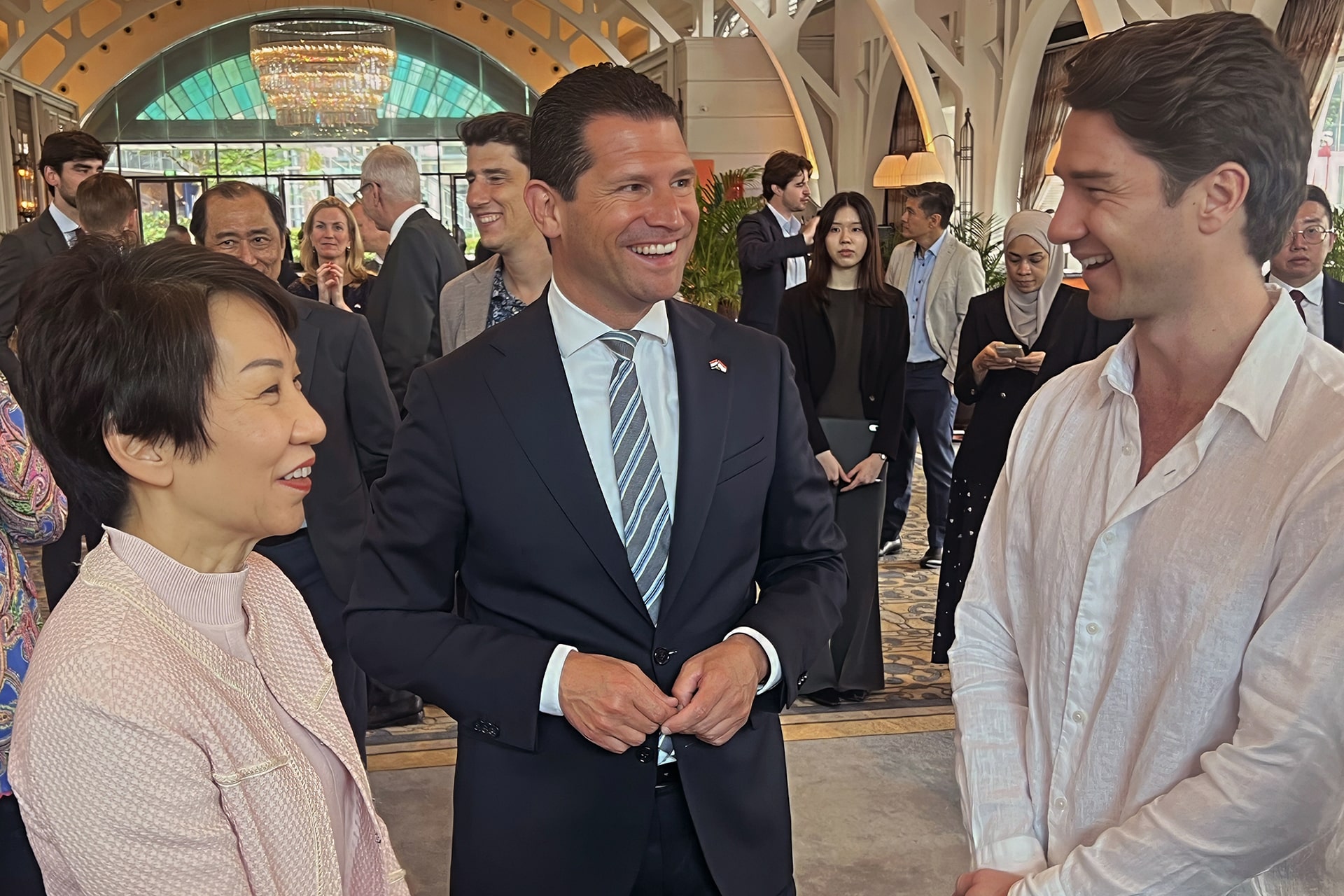Firsty, a Singapore-based startup, has raised SGD 7.5 million (USD 5.8 million) in funding and announced a partnership with GlobalTix, a travel tech firm, to expand access to free mobile data services across Asia.
The company offers a freemium model that reportedly provides basic mobile data at no cost in more than 160 countries. It generates revenue through partnerships with platforms such as Uber and Trip.com, which pay to ensure their apps remain accessible even without a mobile plan or Wi-Fi. Users can also unlock additional data by viewing ads or by upgrading to high-speed access for around SGD 1 (USD 0.77) per day.
Co-founded in 2023 by former Adyen product leads Vince Vissers and Gauthier Thierens, Firsty says it operates its own technical infrastructure, allowing it to manage access at the app level rather than reselling bandwidth from other carriers. This model, the company claims, reduces friction in global mobile connectivity.

The funding round was co-led by Speedinvest and Dutch Founders Fund, with participation from telecom veterans and former executives from Booking.com, Uber, and Adyen. Firsty plans to use the capital to expand its network coverage, grow its partner ecosystem, and accelerate user acquisition across the Asia Pacific region.
As part of the partnership, Firsty’s service will be integrated into GlobalTix’s network, which reportedly includes over 12,000 resellers and platforms like GetYourGuide. This will allow travelers using those platforms to maintain app connectivity for bookings and transportation without changing SIM cards or incurring roaming charges.
“Connectivity is core to the travel experience,” said Chee Kong Chan, co-founder and COO of GlobalTix. “Partnering with Firsty allows our network of partners to offer travellers instant access to mobile connectivity, so they can stay connected to their bookings, tickets, and transport from the moment they book, without needing to top up or search for Wi-Fi.”

Firsty has previously collaborated with Uber to zero-rate its app, ensuring users can book rides without needing an active data plan. The company argues that this type of integration improves user engagement for partners and makes mobile access more consistent for end users.
With a reported 600,000 users, Firsty’s early traction suggests there is demand for a more seamless alternative to traditional roaming. While major telecom providers still dominate with established infrastructure and customer bases, Firsty sees an opportunity to serve travelers, expats, digital nomads, and unbanked users who may be underserved by legacy systems.
In five years, the company envisions a world where SIM cards and roaming fees are obsolete. Instead, users would remain connected by default, simply by downloading an app.
Whether Firsty can deliver on that ambition remains to be seen. But with regional momentum, institutional backing, and a model that ties mobile access to app sponsorships, it is positioning itself as a challenger worth watching.
